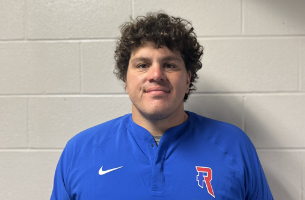INDIANAPOLIS--You’ve probably heard the term “Critical Race Theory”. Indianapolis Public Schools Superintendent Aleesia Johnson says there is no evidence that critical race theory is being taught in Indianapolis Public Schools, or in any other district in K-12 schools.
“That is a theoretical framework that is usually not even introduced, in many cases, in undergraduates, generally in graduate course work,” she said, in an interview with IndyPolitics.
It should be noted that people have different ideas about what they consider amounts to “critical race theory”. Some of the criticism focuses on the concept that racism is or has become inherent to white people, and whether that is being taught as a concept in school, pitting student of different races against each other.
LINK: An overview of the concept can be found here.
“We’re going to have conversations that some might find uncomfortable or challenging,” said Johnson. “As a district we’re not backing away from that.”
She said diversity and inclusion are concepts that will be part of what is discussed among administrators, faculty, staff and students. She said staff will go through a two-day racial equity training to understand the origin and history of racism in the country.
“I deeply believe that we as a country have not gotten to a place where we can predict outcomes of how our students are going to do without regard to race,” she said.
So, teachers will be asked to be aware of the concept of equity when making decisions.
“By and large, you’re going to find white students performing better and you’re going to find Black students performing worse. We have to be willing to examine what is it about about our practices, the decisions we’re making, the resources we’re deploying that are leading to those outcomes.”
An example of a decision that includes consideration of equity would be: in a class full of Black and brown students, deciding not just to give them easy questions, but to ask them to think and show their work, without assuming they will not go to college just because of their color or situation, according to Johnson.
“Thinking about the decisions that we make everyday that are important in not continuing to cultivate inequities.”












